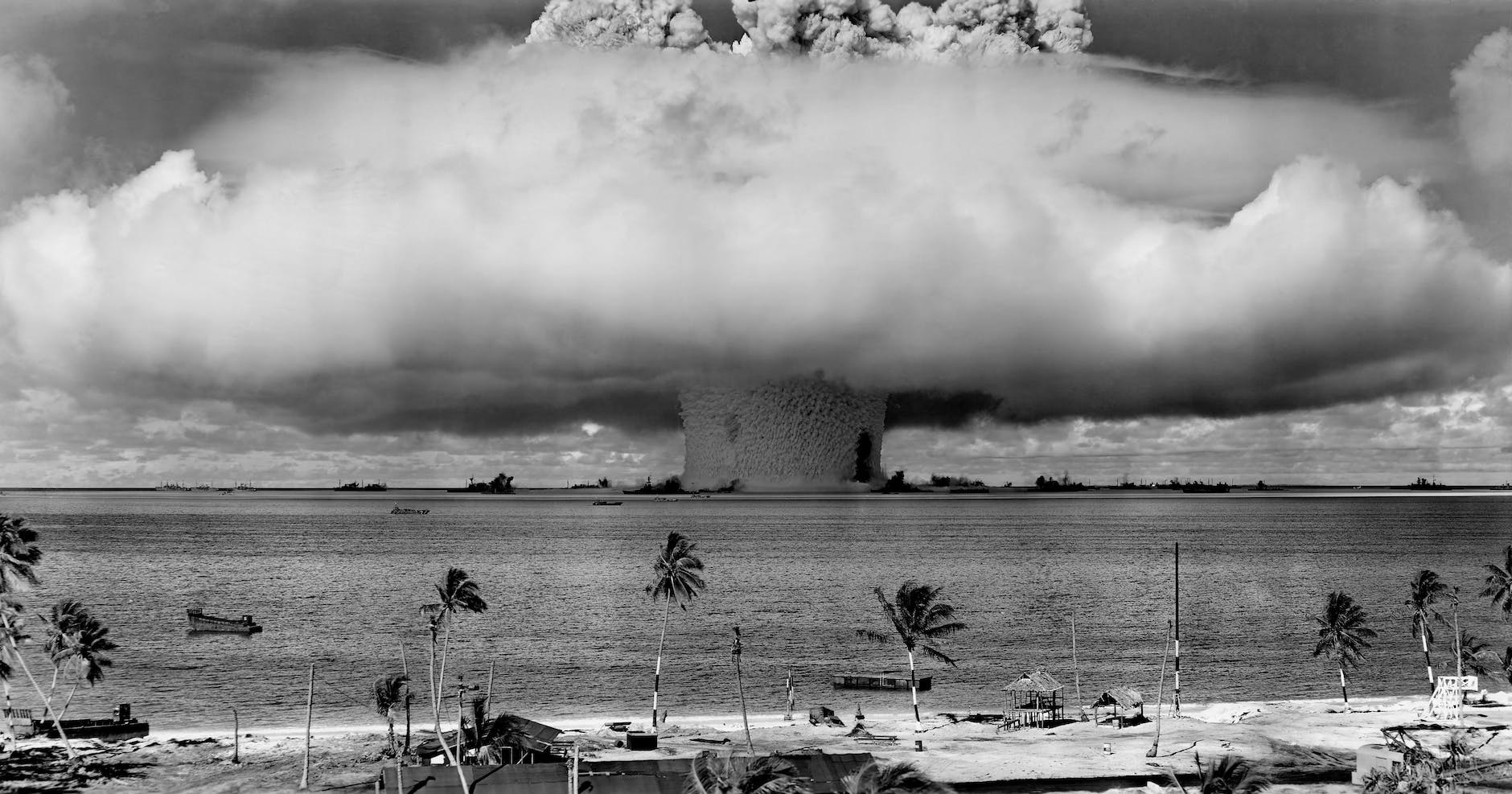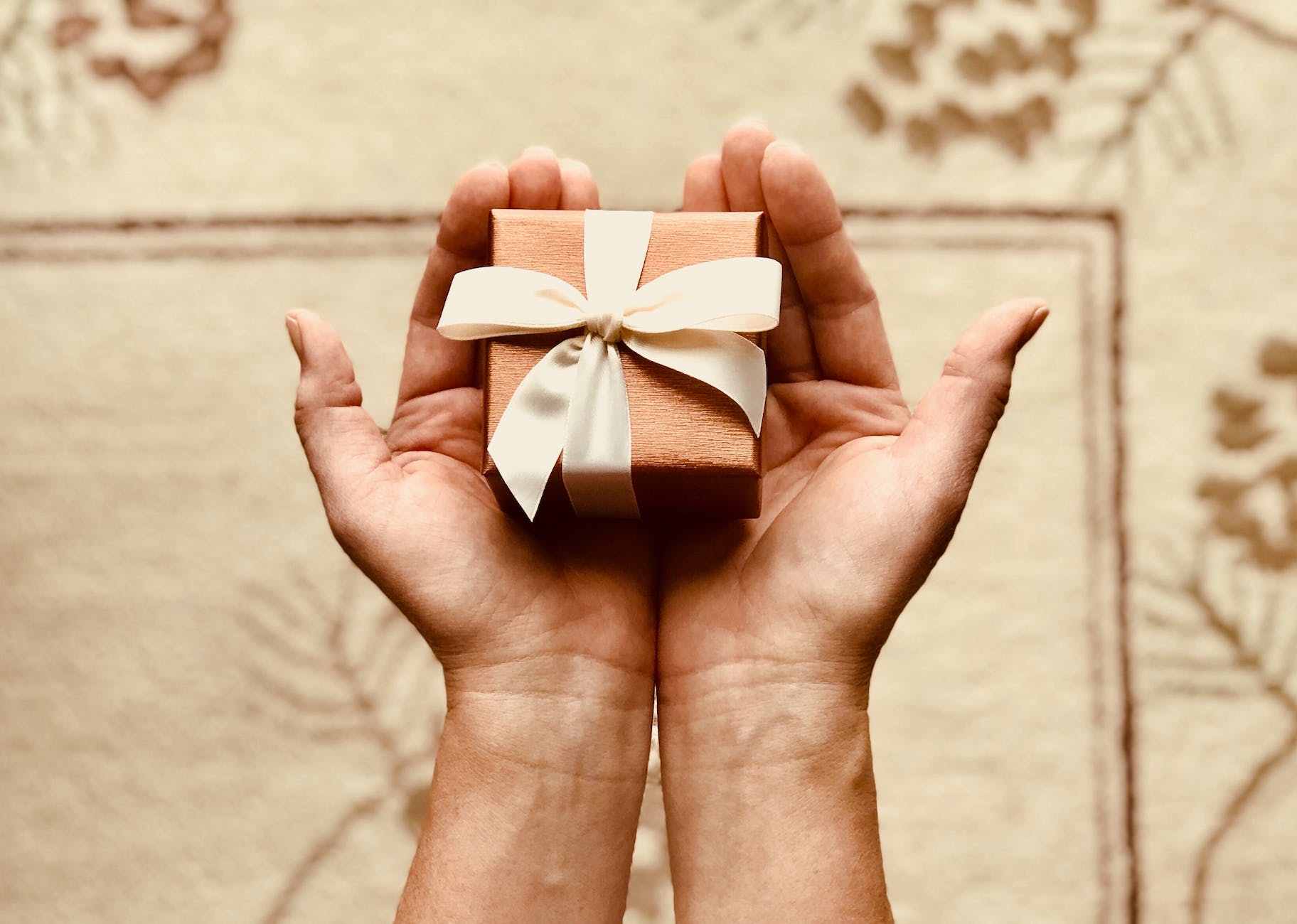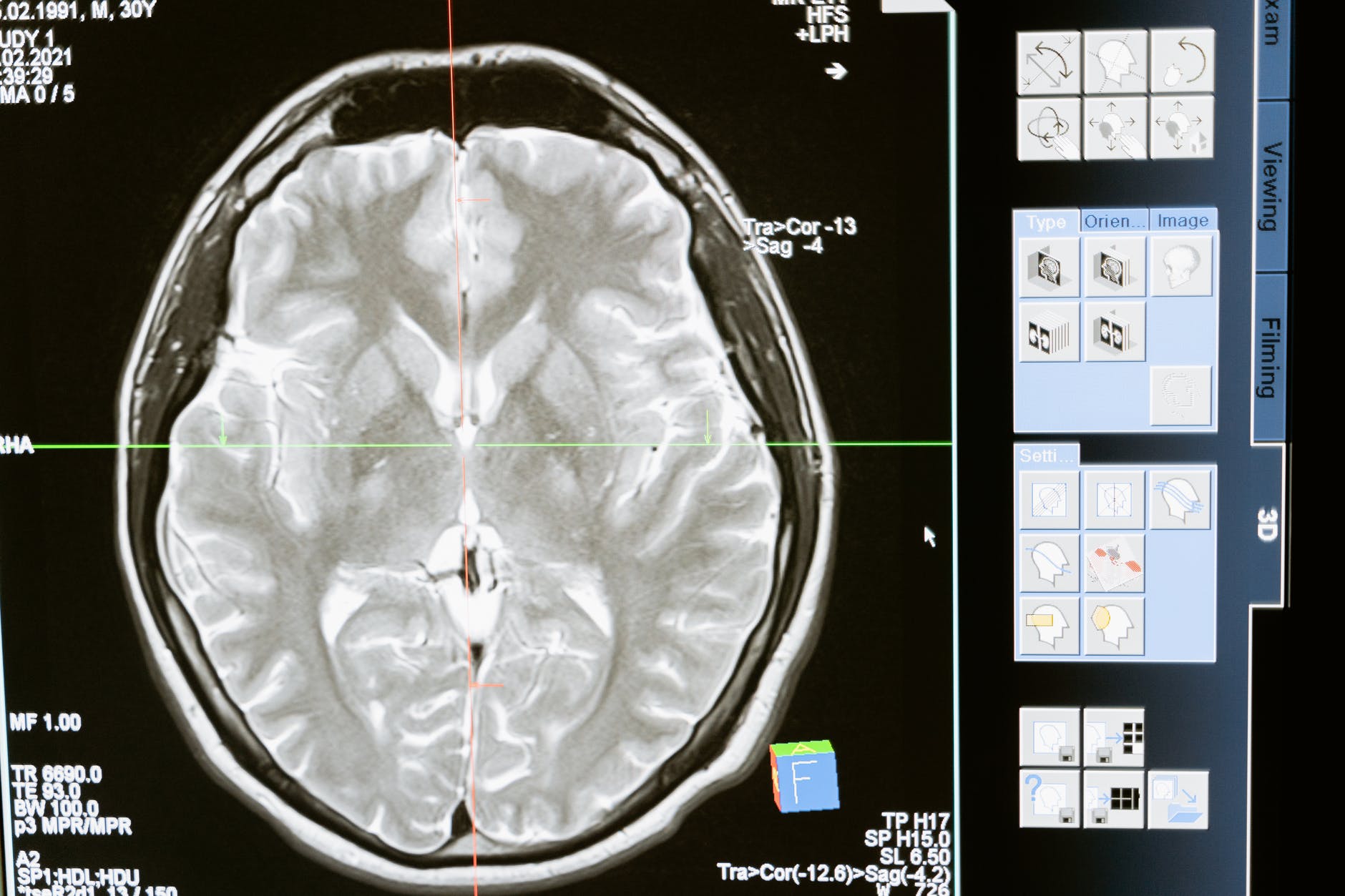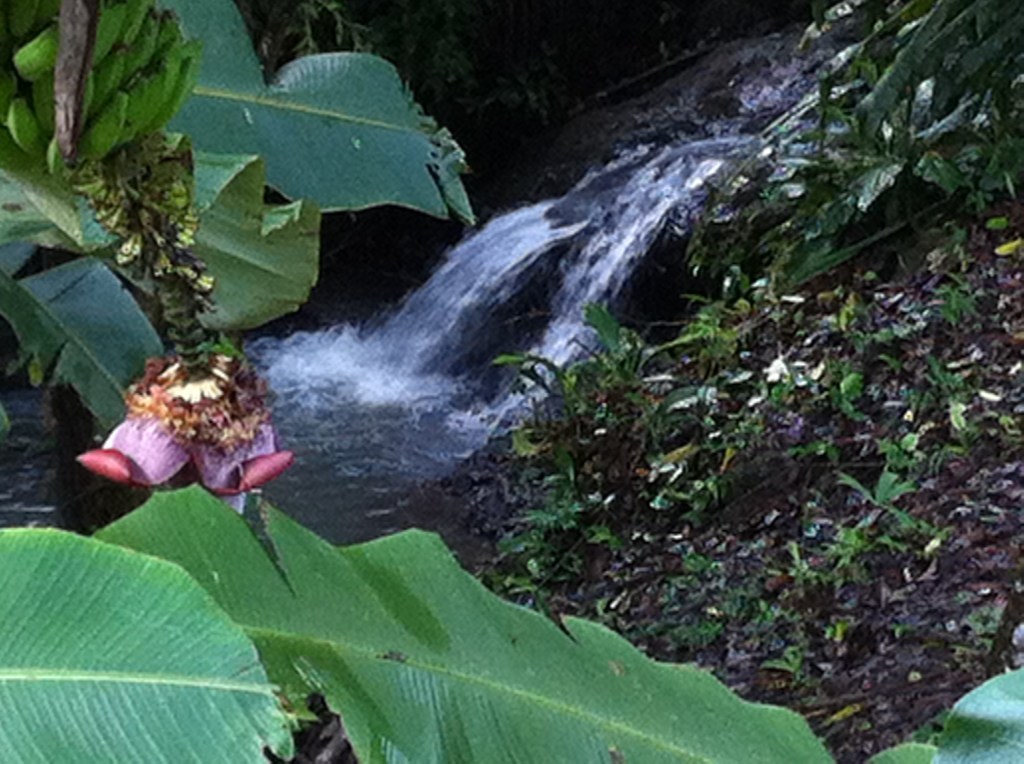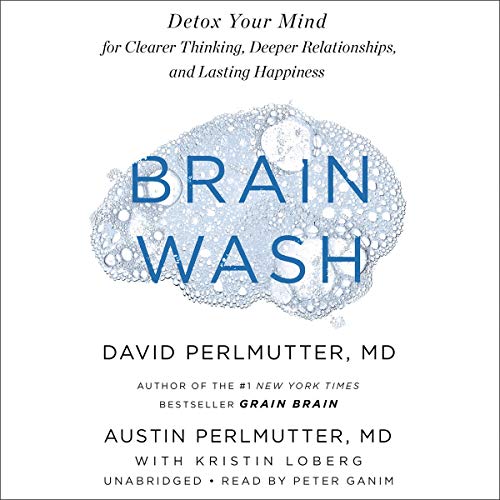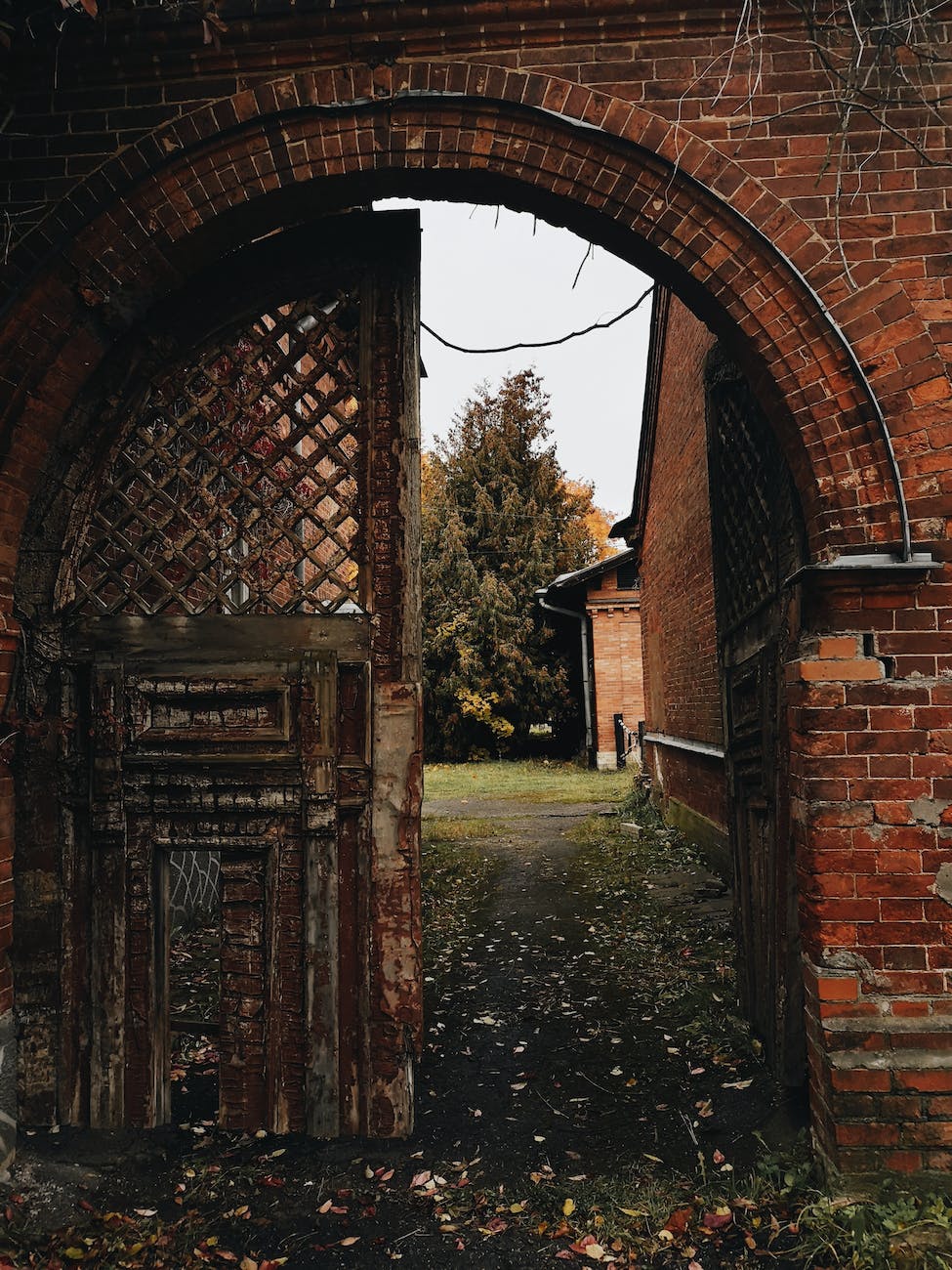
I’ve been in recovery for a good number of years, twelve to be exact. I know I have grown and changed in that time. I am not the same person that started the journey, thank heaven. And I am very grateful for how far I have come. I had tried everything I could think of before I started a twelve-step program, except start one. That was until I couldn’t come up with any more of the options that I thought ‘might’ work for me, but hadn’t. I certainly didn’t want things to stay the same as they were, and I knew I couldn’t stop on my own. So I gave it a go.
One of the first surprises after my first meeting was getting an invitation to return; I wasn’t getting many invitations at the time. And I realized that I had a lot of misconceptions about the program that I could put aside. I’m grateful that I was still open minded enough to listen. I soon started to try the suggestions I heard from other members and the literature. To my great surprise, they worked! It didn’t take long for me to understand I had finally found my ‘tribe’.
In the ensuing years I have been privileged to work with a lot of other folks in the program as well as participate in the day to day running of our local group, serving on the group executive for much of my time. I have learned a lot about myself, my relationship to others and to a Higher Power. However, as with many things, I began to tire a bit of the program. About a year ago I stepped back from the group work and took a deserved and probably needed break. I still kept up with meetings and the daily stuff like reading and meditation to maintain my sobriety, but I was sort of coasting along, enjoying life.

Then I heard someone at a meeting a couple of months back say, “If you’re coasting, you’re going down hill.”
And, I had to ask myself the question. Am I really coasting? Am ‘I’ going down hill?
The honest answer was a resounding “Yes!”
In sobriety I am granted a daily reprieve by my Higher Power, based upon my spiritual condition. And I believe that it’s not enough to just maintain the status quo, I have to work to make sure that apathy and self-satisfaction don’t take hold. Addiction is the disease that tries to tell you that you don’t have a disease. We have a saying that while you’re in a meeting, your disease is in the parking lot doing push-ups. I have to keep myself strong too. I know from working the program over the years that it has a great deal of depth and here I was just sort of swimming on the surface and not exploring its breadth and wealth.
SO
I set my alarm clock a half an hour earlier again and started doing an early morning meditation followed by some journal writing.
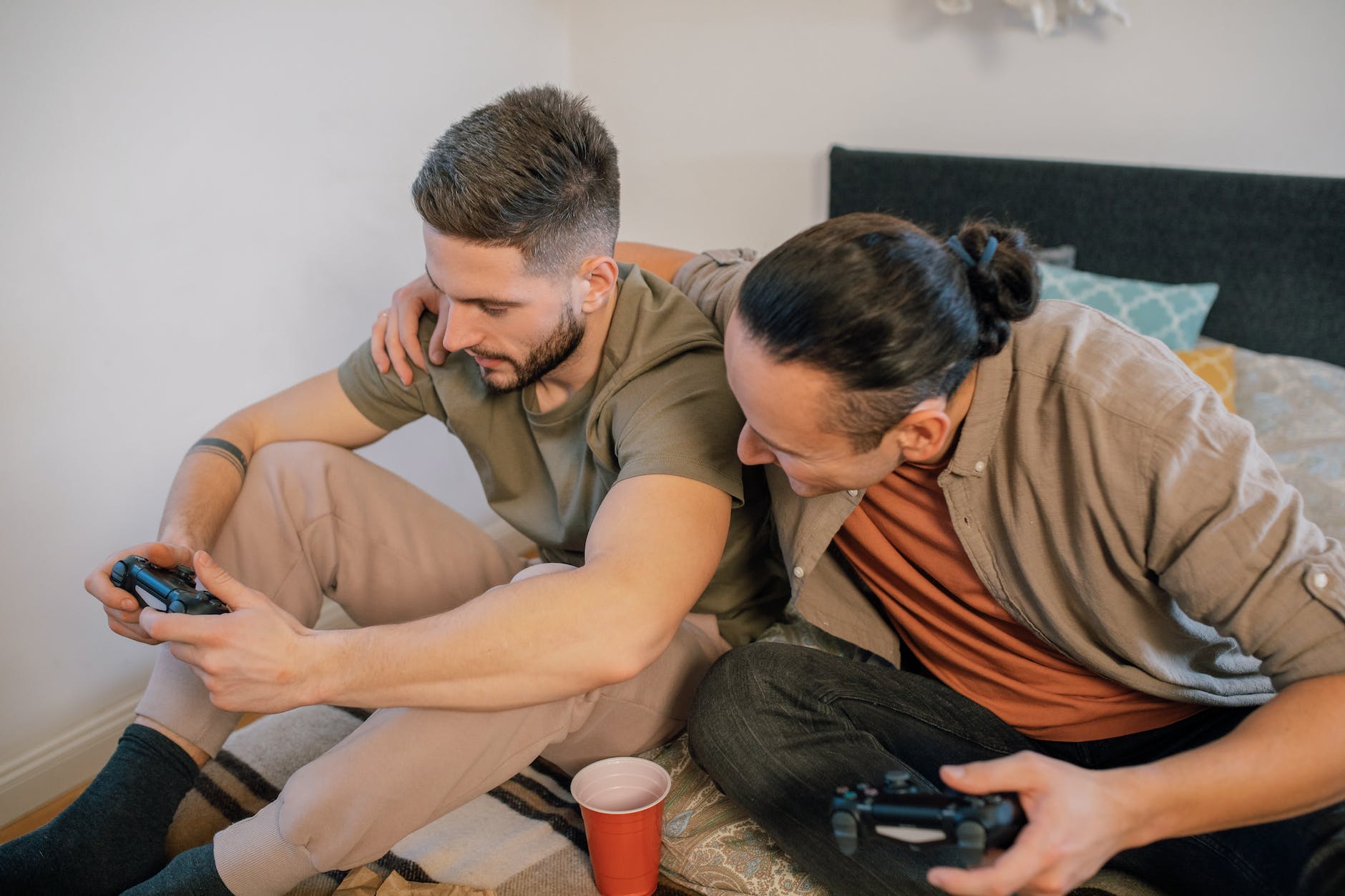
Since I’m not in the same country as my sponsor right now, I figured I could use a fellow up here that I could do some more work with. I talked with a good friend who’s known me as long as I’ve been in the program and asked him to suggest someone for me. He matched me up with a great guy who is full of enthusiasm and is willing to share some time with me in discovering more about our program and how we can not just ‘do’ the steps, but ‘live’ them each and every day of our lives.
I am so enjoying the process. We’re doing a ‘back to basics’ kind of approach, focusing on the literature of our program from the beginning. This young man’s insight is amazing. I am seeing things in a fresh new light that make me feel like a newcomer again where everything is about to be discovered. His work with me is a tribute as well to the great sponsorship that he has received and his application of what he has learned in his own life. We have had many great discussions in the last month and I look forward to many more.
This also means that I need let go of my old ideas about who I am, how I am and where I am going in life. Sometimes that’s tough to do, but I do it anyway. I trust the process because I know from my own experience as well as that of others that this is a time of growth. How can I become the best version of me if I don’t let go of the old version?
You can teach an old dog new tricks, as long as the old dog is willing to leave behind what he thinks he knows and listen.
SO
I am listening, and learning. And for that, I am very grateful.


